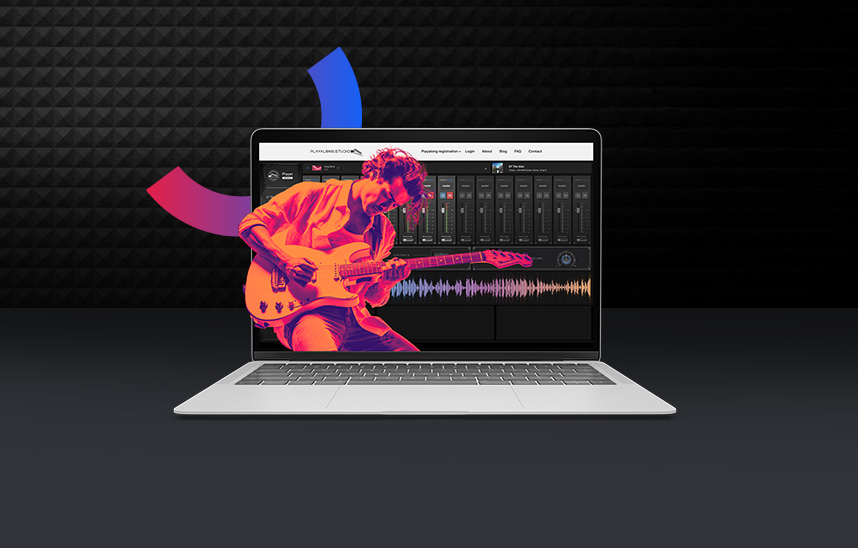Skills are Power!
How to Learn Electric Guitar on Your Own.
Learning to play the electric guitar can be a thrilling and rewarding journey, and the best part is, you don't need a formal instructor to get started. Whether you're a complete beginner or someone looking to enhance their skills independently, this guide will provide you with a roadmap on how to learn the electric guitar on your own terms.
1. Set Clear Goals:
Before diving into the world of electric guitar, take a moment to define your goals. Are you looking to strum along with your favorite songs, write your own music, or master intricate solos? Knowing your objectives will help you tailor your learning path accordingly.
2. Invest in a Quality Guitar:
Choose a guitar that suits your style and preferences. Whether it's a classic Stratocaster, a versatile Telecaster, or any other model that catches your eye, investing in a quality instrument will make your learning experience more enjoyable.
3. Learn Basic Guitar Anatomy:
Familiarize yourself with the parts of your electric guitar, from the headstock to the bridge. Understanding the anatomy will help you follow tutorials and communicate with other guitarists effectively.
4. Tune Your Guitar:
Learn how to tune your guitar by ear or using a digital tuner. A well-tuned guitar is essential for producing accurate and pleasant sounds.
5. Embrace Online Resources:
Take advantage of the plethora of online resources available. Platforms like YouTube, Ultimate Guitar, and various guitar lesson websites offer tutorials ranging from beginner to advanced levels. Follow step-by-step lessons and practice regularly.
6. Master Basic Chords and Scales:
Start with fundamental chords like E minor, C major, and G major. Progress to scales such as the pentatonic scale, which is a cornerstone for many guitar solos. Regular practice of these basics will lay a solid foundation for your guitar journey.
7. Practice Regularly:
Consistency is key when learning the guitar. Dedicate a specific amount of time each day to practice. This will help you build muscle memory and improve your playing technique.
8. Play Along with Backing Tracks:
Enhance your sense of timing and rhythm by playing along with backing tracks. This not only makes practicing more enjoyable but also simulates the experience of playing in a band.
9. Record Yourself:
Recording your playing sessions allows you to track your progress and identify areas for improvement. It's a valuable tool for self-assessment and gaining confidence in your abilities.
10. Join Online Communities:
Connect with other guitar enthusiasts through online forums and social media groups. Sharing experiences, seeking advice, and receiving constructive feedback can be immensely beneficial.



